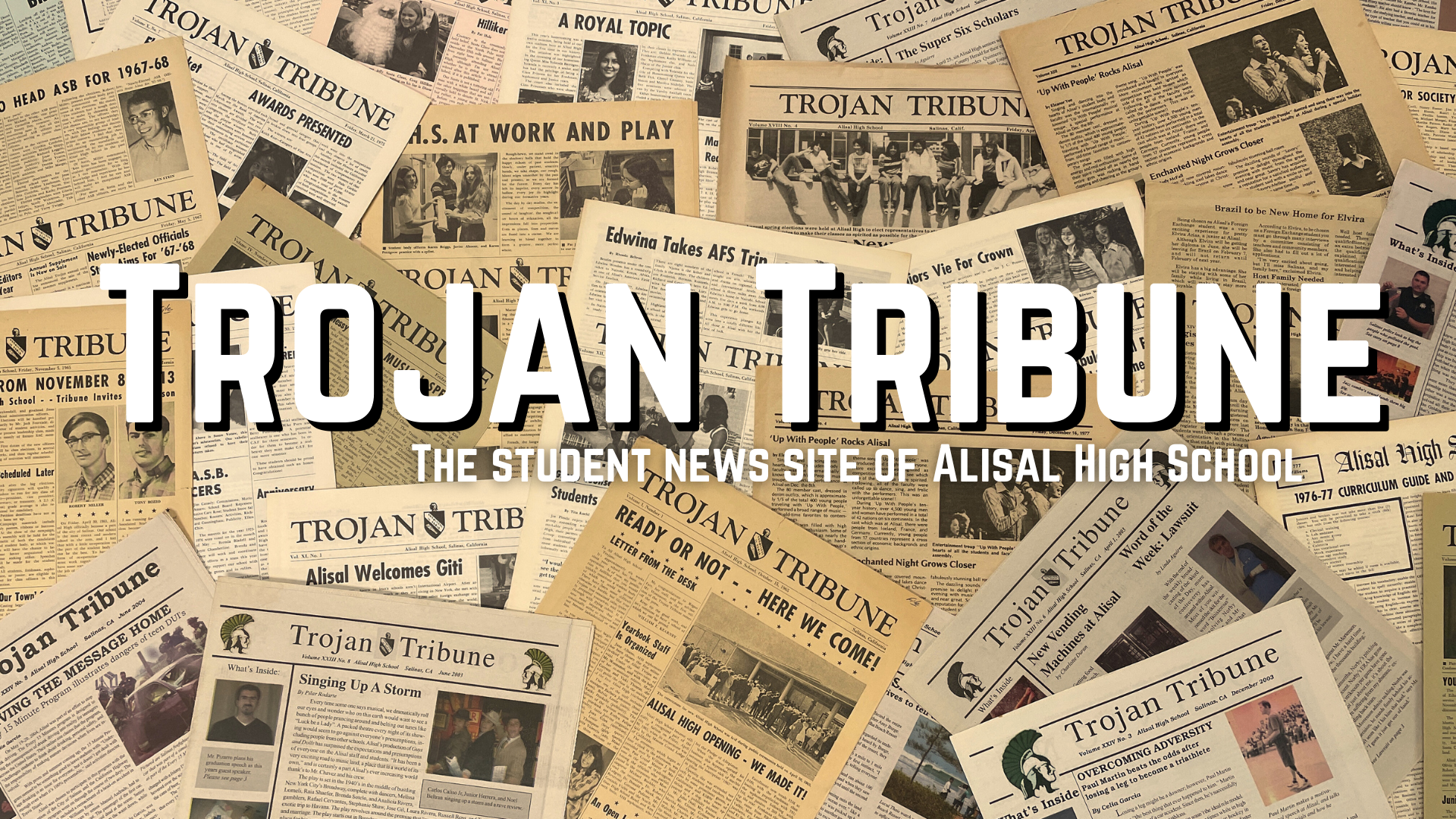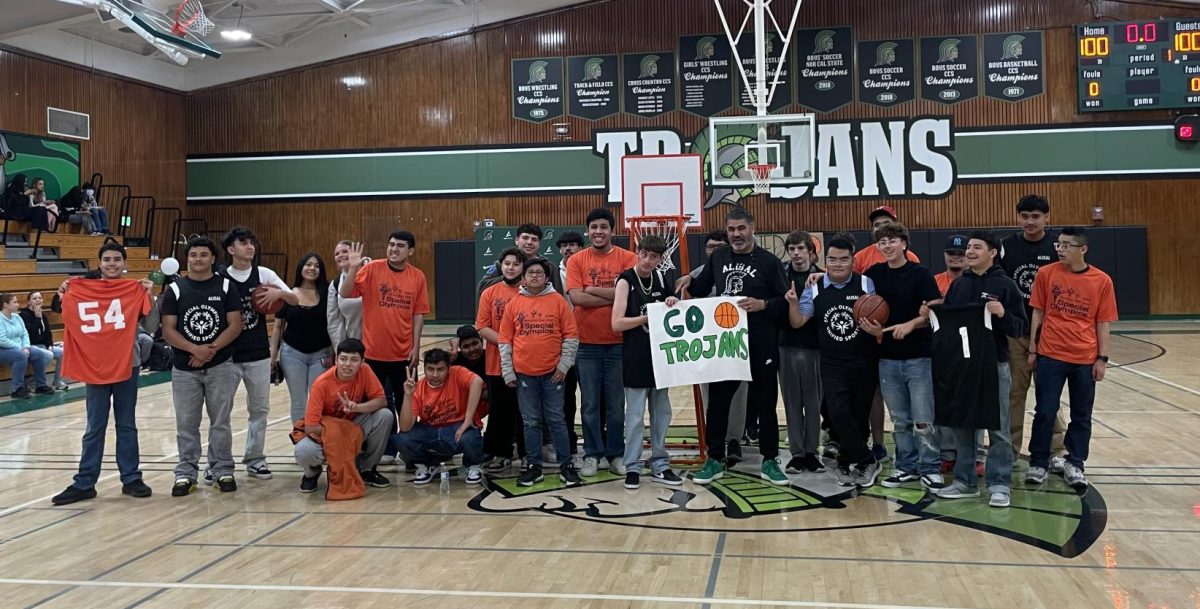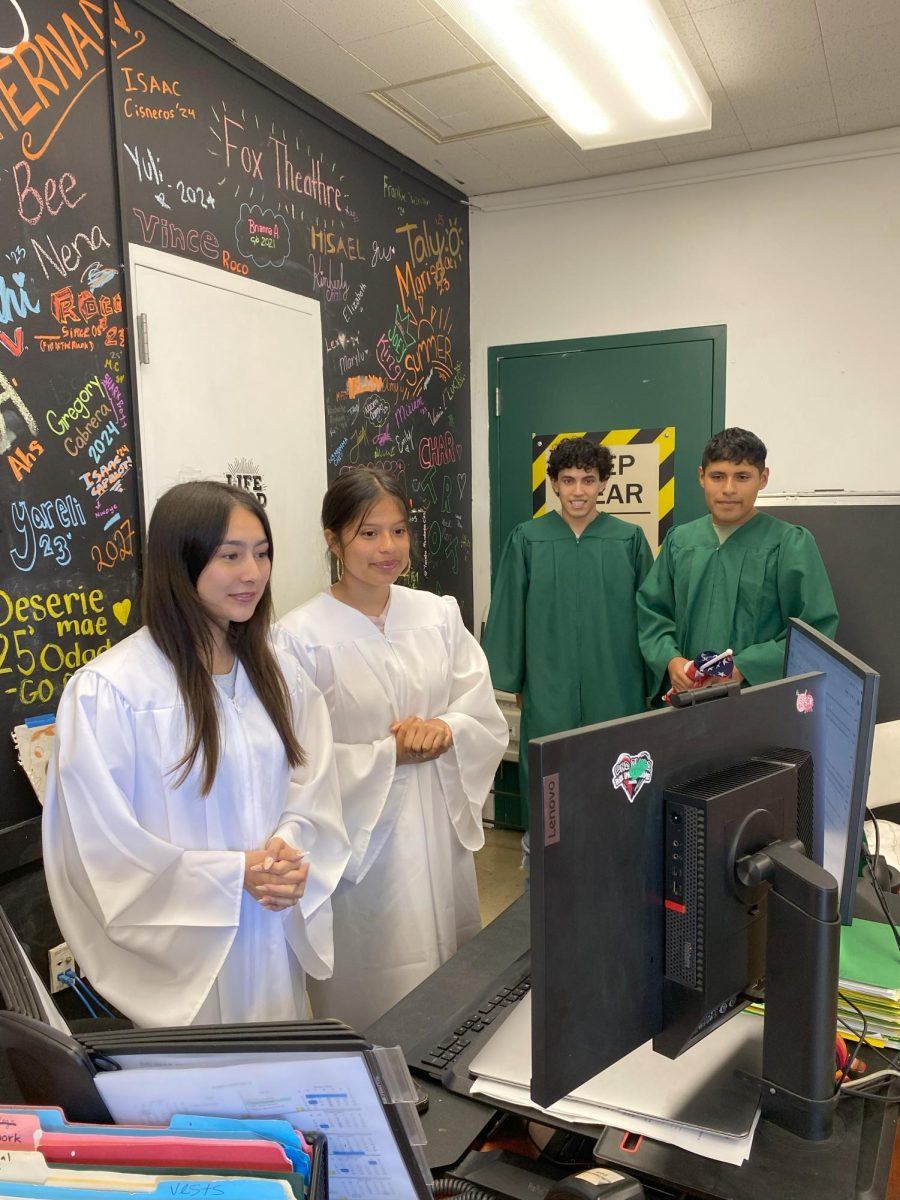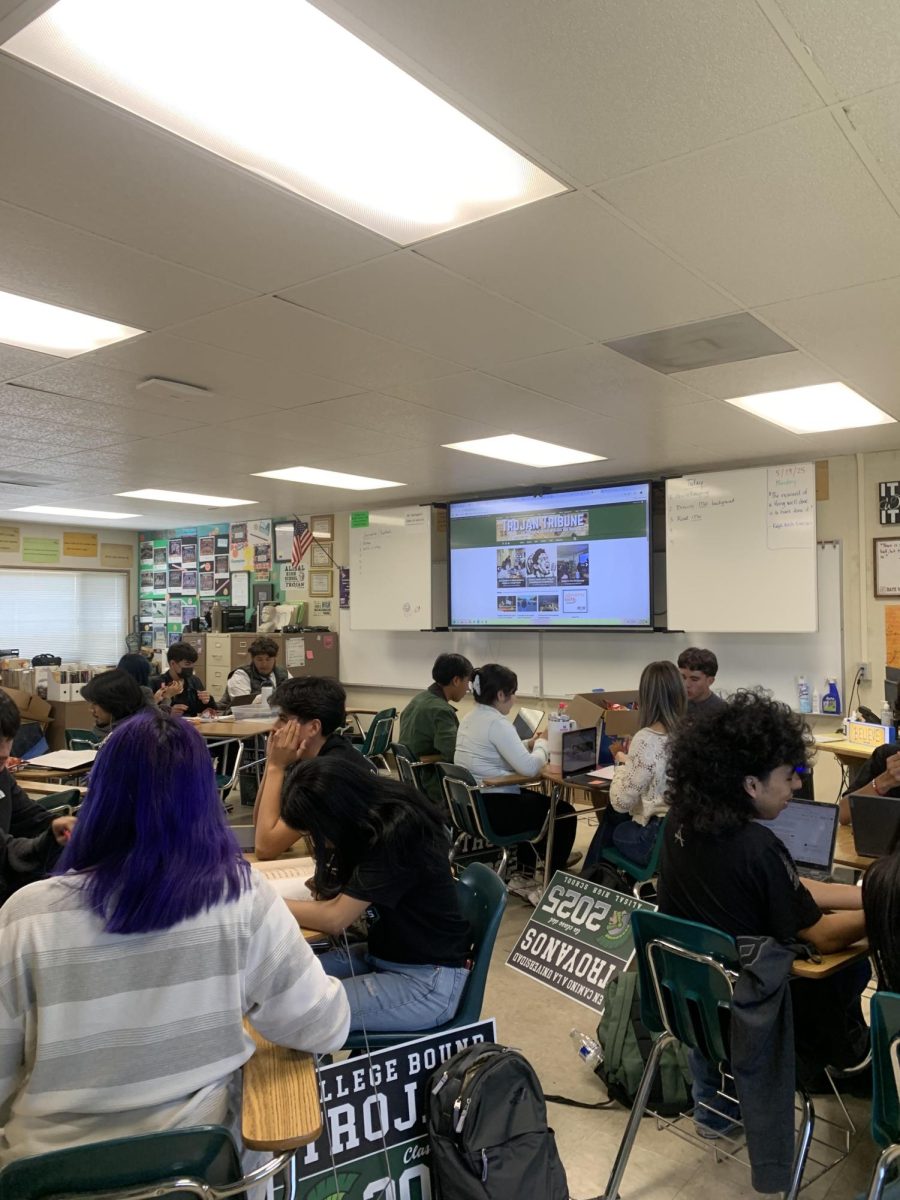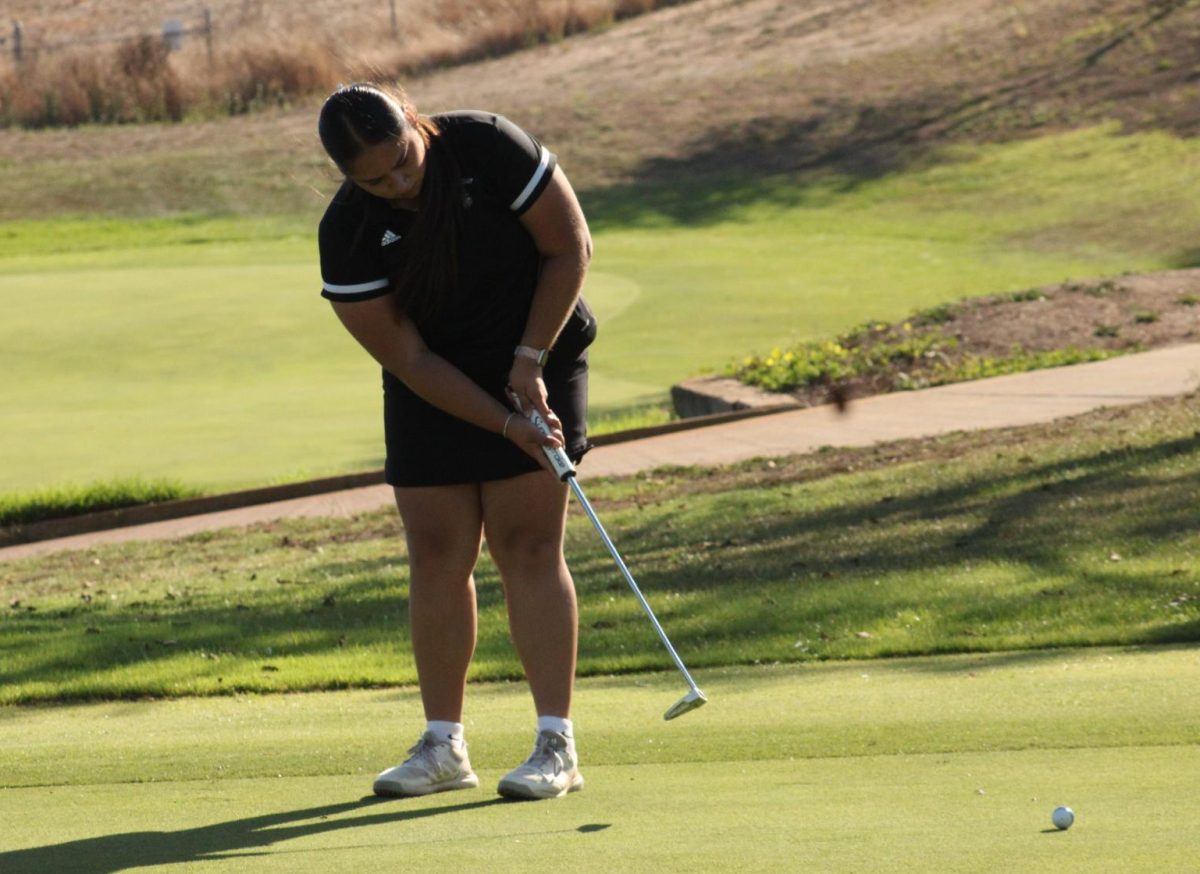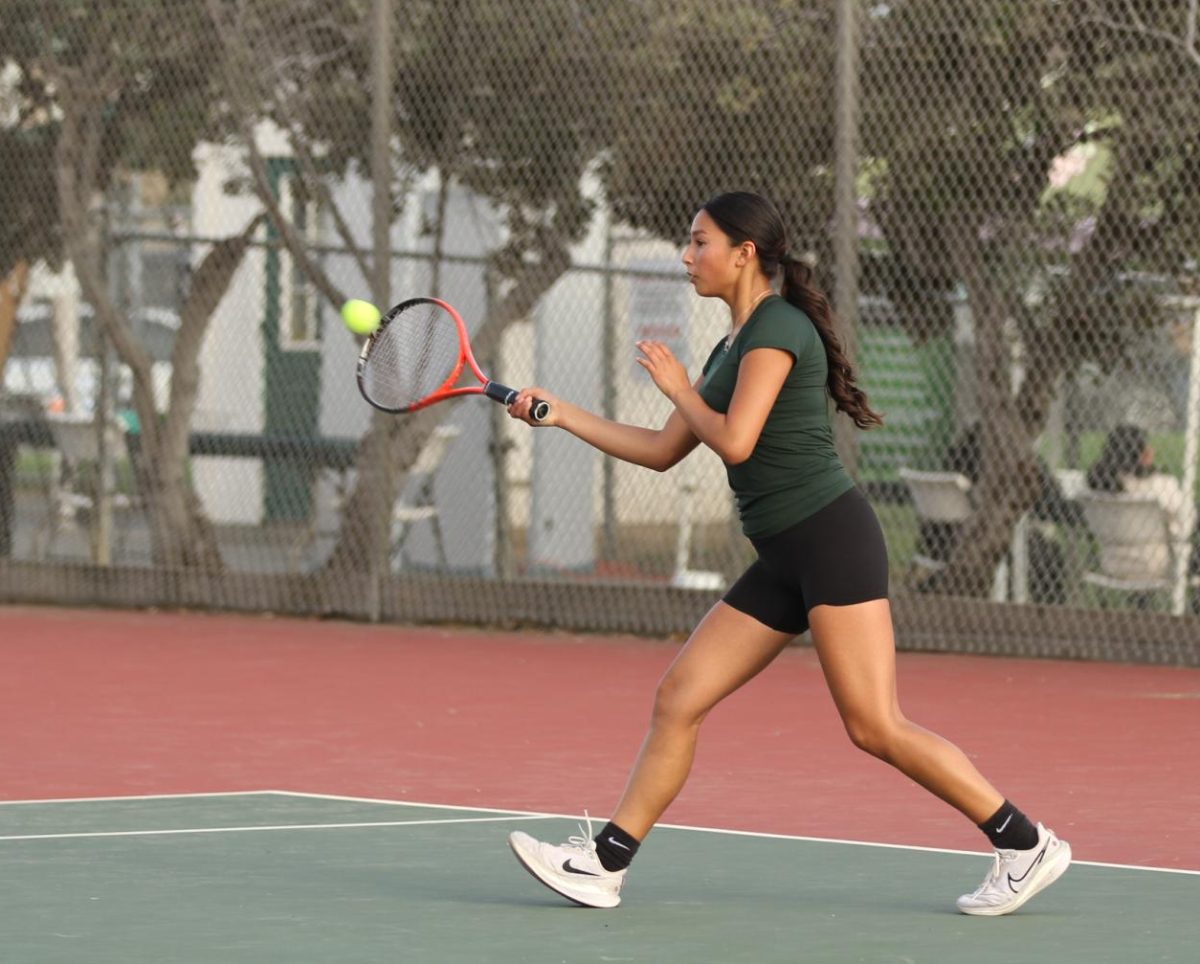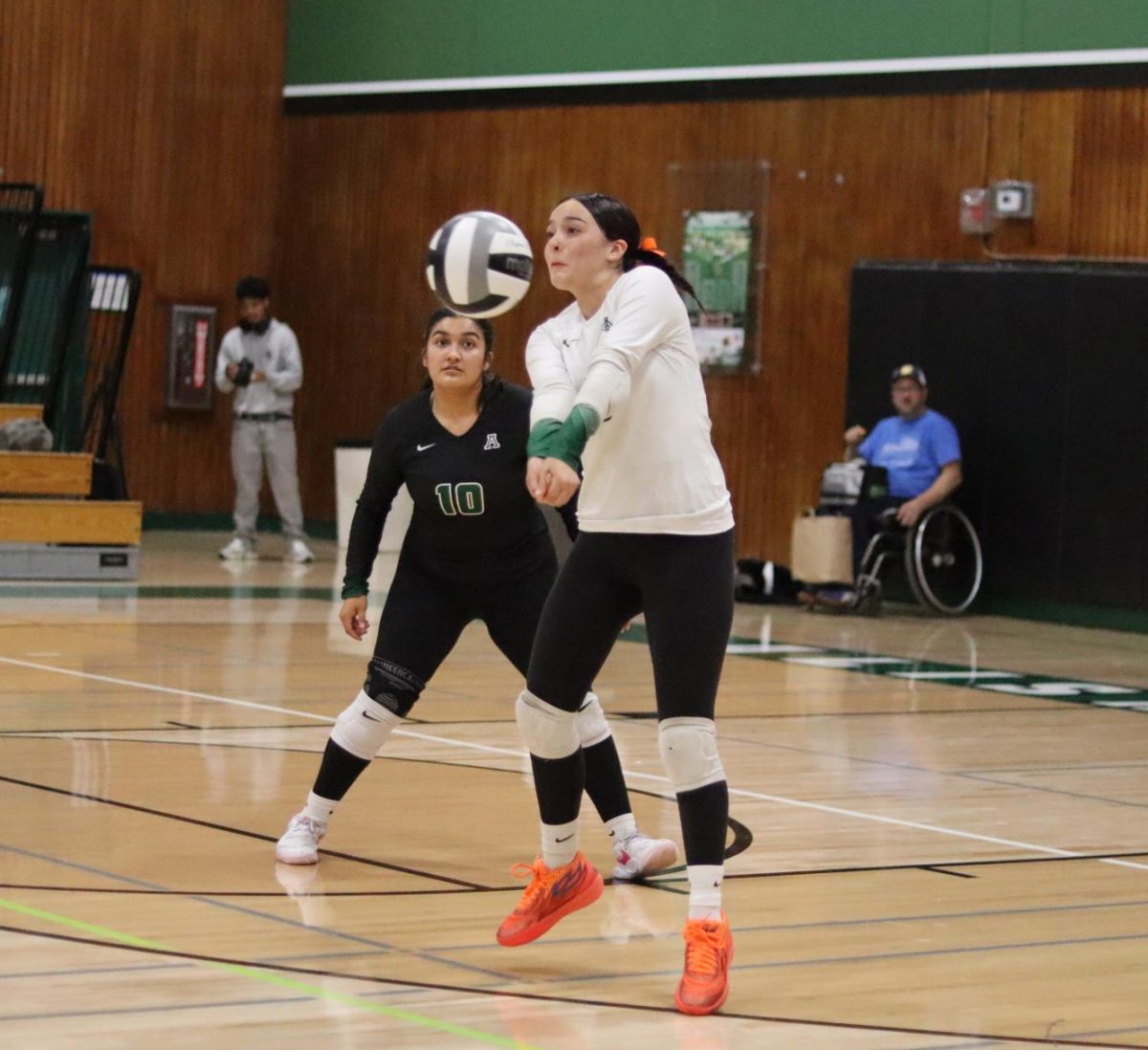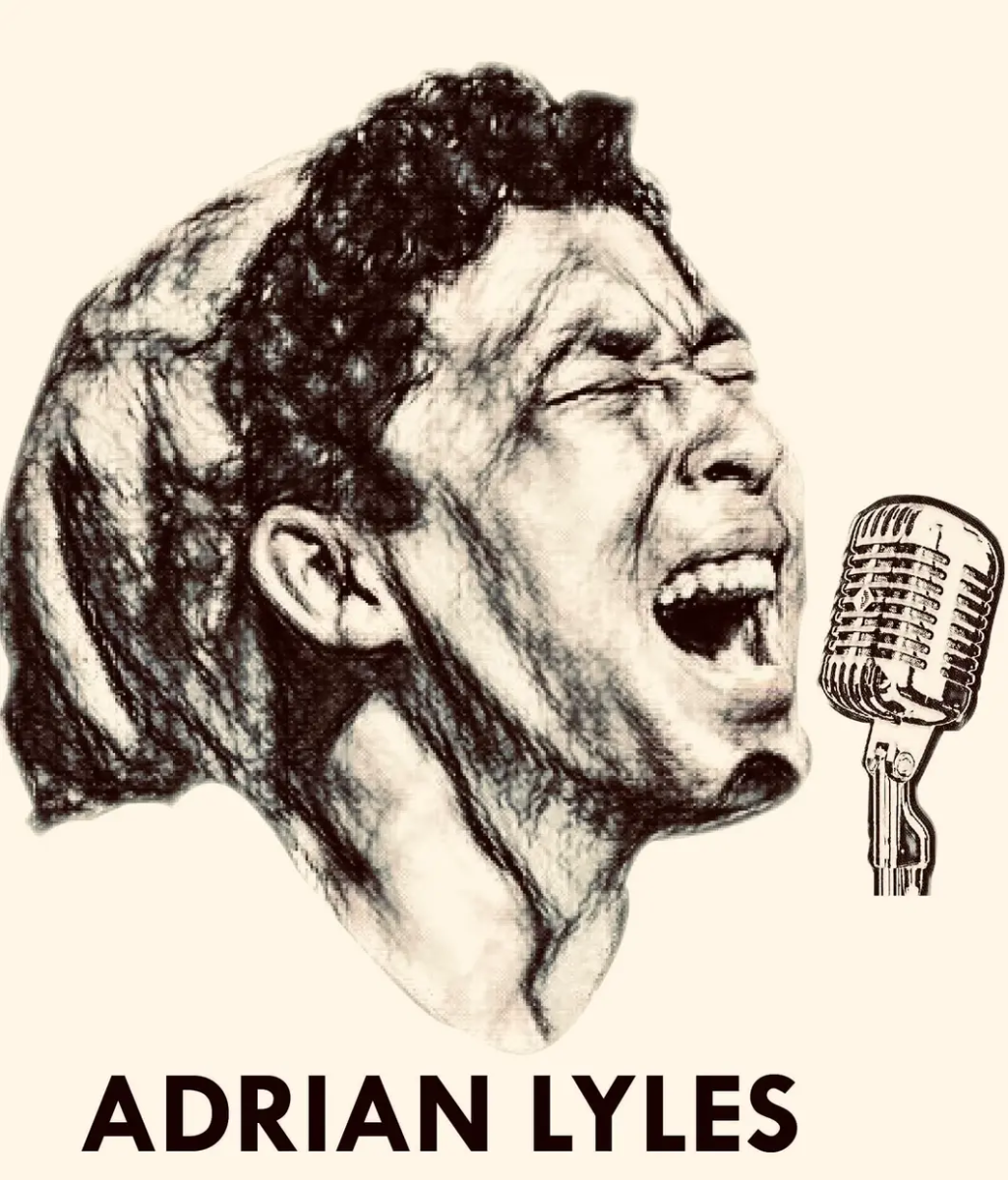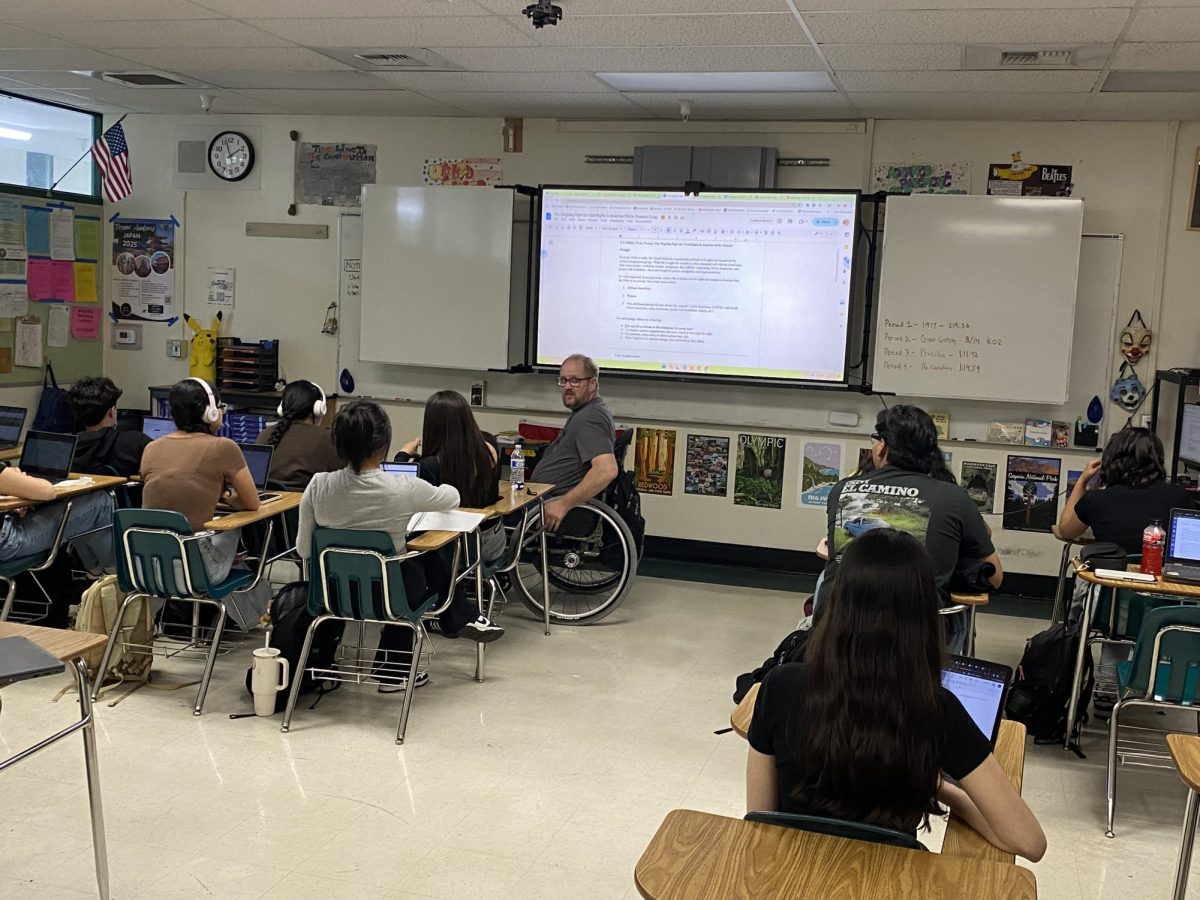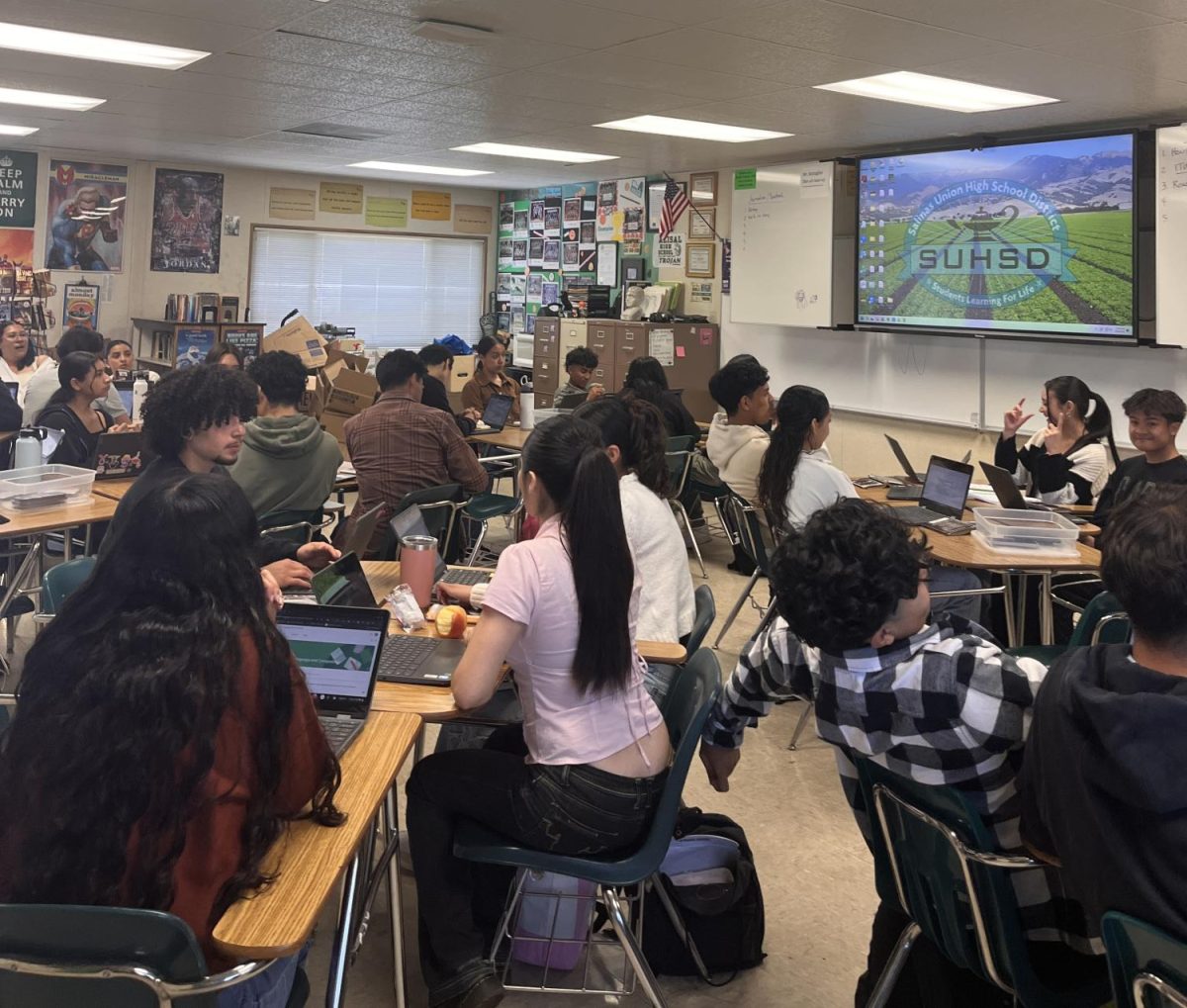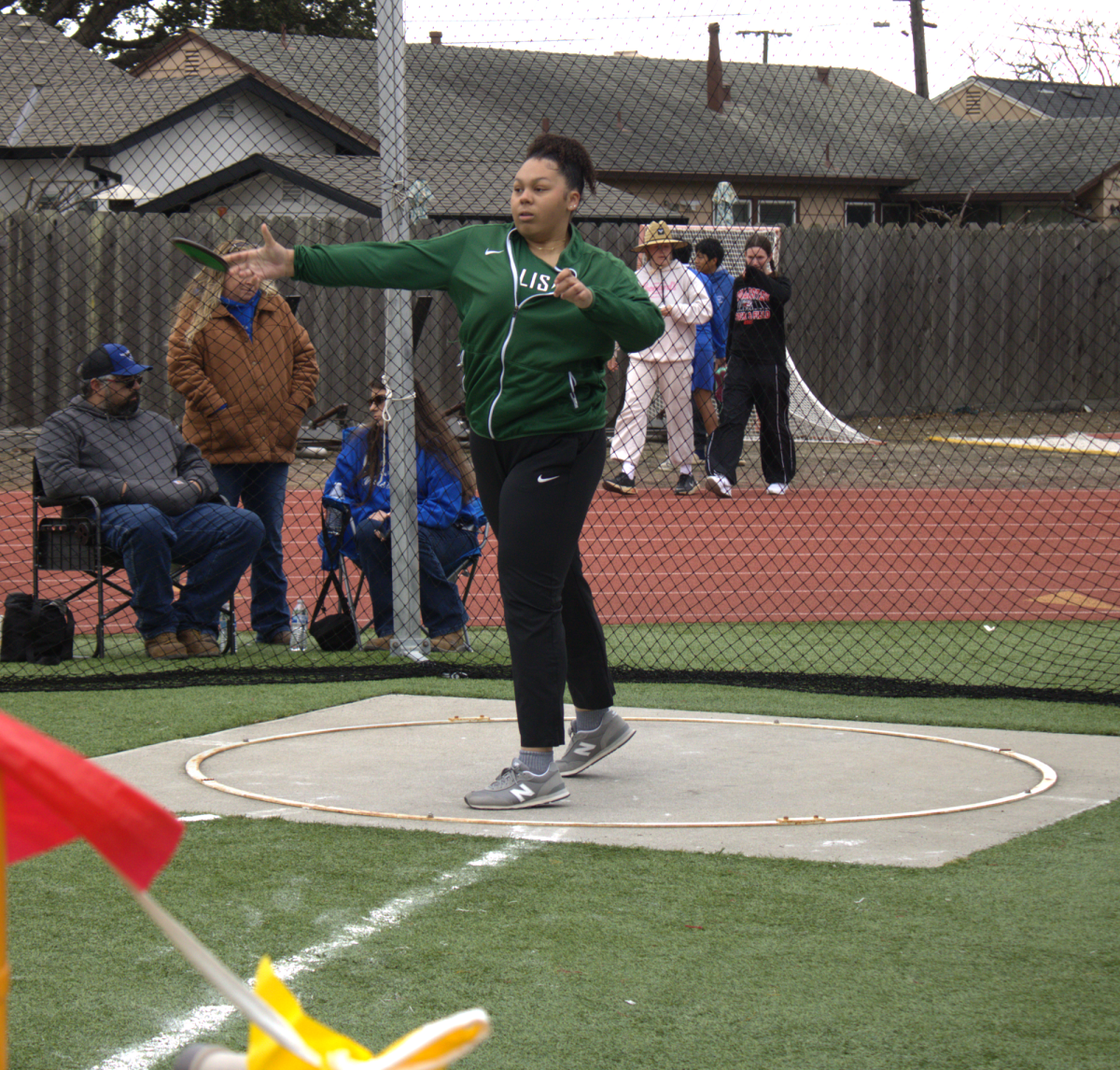Relationships are built through sports, which allows players the ability to connect with their teammates, but also to connect with their coaches.
During school sport seasons, students may benefit from having their coaches on campus during school hours. Off campus coaches, on the other hand, are able to provide more direct practice time with the athletes, while still being able to listen and support the players.
Whether the coaches are teachers, counselors, an athletic director, or work different jobs outside the school, they all play a huge role in student athletes’ day to day routines. At Alisal, there are a total of 98 off campus coaches and 22 on campus coaches – 38 off and 8 on for fall sports, 28 off and 4 on for winter sports, and 32 off and 10 on for spring sports. “It’s important that all coaches develop a relationship of respect and trust with their athletes,” athletic director, Jose Gil, said.
Our coaches, both off and on campus, work hard to give our student athletes the best possible experience throughout their sports seasons by providing support, encouragement, and great coaching expertise.
On campus coaches are able to build strong relationships in and out the classroom. Students benefit from on campus coaches because they establish a relationship of trust and respect. This allows students to thrive in the classroom and in their sport, resulting in both academic and athletic success. “They mostly see you in that one life as a teacher, but then when you see them out in the field, they start to have a different view of you,” Steven Muñoz, the head coach for cross country, said.
In contrast, off campus coaches do not have the ability to be there physically throughout the day with student athletes. However, they are still able to provide lots of support and help for the athletes and the other coaches.
For example, when an on campus coach may be busy with school related work, the off campus coach can take over and provide support. Off campus coaches are also able to give direct coaching time with the athletes.
Academically speaking, off campus coaches may be able to offer help that the students can’t get from their own teachers. For instance, an off campus coach may be able to provide a different view on how to solve a problem or how to read a prompt that the student may not have been able to get from their teacher. “On campus coaches are easy to reach, but they’re often busy and can’t always give you one on one help,” Alyssa Breschini, a track and field athlete, said. “Off campus coaches usually give more personal support.”
Flexibility wise, off campus coaches are able to keep up with complex schedules and can work with on campus coaches to make sure things stay on track. In my personal experience, off campus coaches have always given their best effort to be as flexible as they can with their schedules for their athletes. They also work hard to give us as much instruction as they can in the short time that they are given.
“Despite the challenges, I’ve learned to make the most of it by fostering a positive, supportive, and focused environment that encourages growth, teamwork, and respect so that my athletes feel comfortable to express themselves, take risks, and push their limits without fear of judgment or ridicule,” track and field throwing coach, Carlos Mendoza, said.
My personal and past experiences with off campus coaches has always been pleasant. I find that they always work their hardest to make sure that their athletes’ needs are met and that they are also staying on top of their academic work.
It is also evident that off campus coaches work especially hard to be there at every game or practice despite the challenges presented by their day jobs. For instance, during track season, my throwing coach always tried his very best to be there at every practice and make sure that each individual athlete got the help they needed.
My basketball coach was also very flexible with her schedule to make sure that the team got a thorough practice and made sure we all improved on something in the short time we were given together. Both coaches also allowed us the ability to contact them at any time with fast responses, which made it easy to communicate with them, despite them not being on campus.
